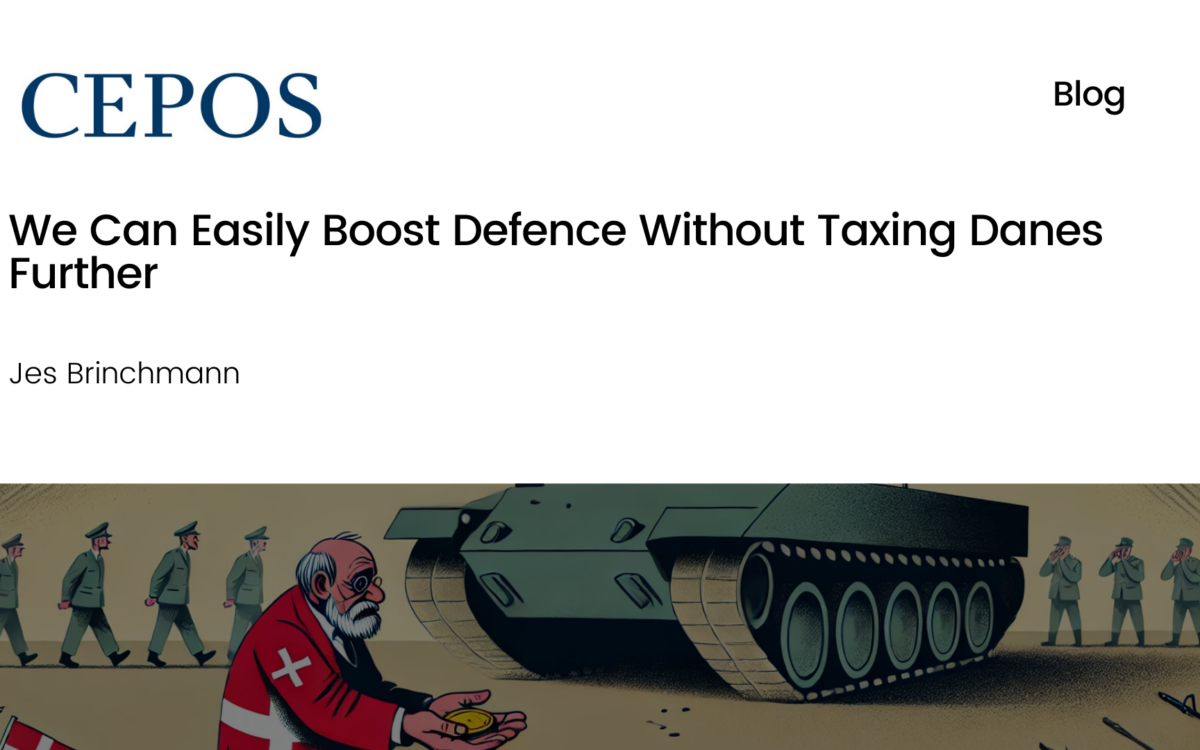From Borders to Bridges: Romania and Bulgaria Fully Join Schengen

From Borders to Bridges: Romania and Bulgaria Fully Join Schengen
Diana Năsulea & Petar Ganev // 12 December 2024
Today, the Justice and Home Affairs (JHA) Council voted on the full accession of Romania and Bulgaria to the Schengen Area, meaning the removal of land border controls. This decision has significant implications not just for these two nations but for the EU single market as a whole, as it seeks to resolve years of political delays and economic inefficiencies caused by their partial Schengen membership.
The full accession of Romania and Bulgaria to Schengen comes at a crucial moment for both countries. In Romania, we have witnessed an unprecedented decision by the Constitutional Court to annul the first round of the recent presidential elections. Bulgaria, on the other hand, has been in a prolonged period of political instability, having gone through 7 parliamentary elections in the last 3 years. Against the backdrop of political instability in both countries, the opening of land borders is an opportunity for deeper economic integration in Europe and higher economic growth.
Billions Lost: The Economic Cost of Exclusion
Romania and Bulgaria benefited greatly from participating in the EU single market. Both countries doubled their share in intra-EU trade since their accession in 2007 and improved significantly on all convergence indicators. Romania and Bulgaria are among the countries with the highest GDP growth and real labour productivity growth in the EU in the last two decades. The continued exclusion of both countries from full Schengen membership, however, has imposed significant economic costs. Based on estimates by the European Economic and Social Committee, restrictions on land borders imposed a multiple-billion-euro cost in additional expenses every year.
A partial Schengen agreement for Bulgaria means over €834 million in annual losses, considering direct transport costs and lost economic opportunities. Romania is in an even worse situation, with estimated losses of over €2.5 billion a year due to delayed freight transport, lost revenues, and increasing operational costs for transport firms.
In 2023, the waiting time for trucks crossing the border from Hungary into Romania ranged from 20 to 120 minutes, with the most extreme cases reaching up to five days. Similarly, delays also characterize Bulgaria's borders with Romania and Greece, where freight vehicles wait for an average of 4 to 16 hours, depending on the type of vehicle.
These delays directly affect industries reliant on timely deliveries, especially the agri-food sector, where perishable goods often spoil before reaching their destination. Consumers also feel the impact, as increased logistics costs—ranging between 5% and 20%—are ultimately passed on through higher prices for goods.
The exclusion from Schengen has also generated environmental consequences. Vehicles queuing up at the borders of Romania, Bulgaria, and Hungary emit more than 46,000 tonnes of CO2 every year. This amount is equal to the annual energy consumption of 28,000 EU households.
Barriers to Tourism and Labour Mobility
Full membership in Schengen has also obstructed tourism and the free movement of people. Bulgaria loses an estimated €62 million annually because of border constraints, while Romania faces similar drawbacks in luring regional tourists. Prolonged border controls between Bulgaria and Romania and the neighbouring countries, such as Greece and Hungary, create significant time constraints for travellers and negatively affect the bus transport sector.
Moreover, limited labour mobility has prevented workers from Bulgaria and Romania from gaining employment in European Union neighbours. Seasonal industries like agriculture and construction depend on mobile workforces and are thus the most severely affected; daily commute for working across borders is almost impossible.
Euroscepticism Brews: Political and Strategic Implications
The long delay in granting full Schengen membership has produced frustration and Euroscepticism in the two countries. Being kept out is perceived as unfair, given that both Romania and Bulgaria had fulfilled the technical criteria of Schengen as early as 2011. Using Schengen membership as a tool for informal post-accession conditionality erodes trust in European institutions and sharpens divisions within the bloc. This is especially visible nowadays in Romania, where presidential and parliamentary elections have shown concerning levels of anti-European sentiment among the general population.
Additionally, the delays prevent the EU from drawing any benefits from their strategic geographic positions. Equally, both countries are essential and significant entry and exit points of goods to the EU core market emanating from the Balkans region. The border dividing Romania from Hungary is a prime boundary as it links southern Europe to the central European markets.
A Defining Moment for Europe
Full Schengen membership for Romania and Bulgaria will bring benefits in both immediate and long-term respects. On land borders, scrapping controls can save businesses billions of dollars in logistical costs while also streamlining supply chains, thus making the overall economy of both countries more competitive and attractive for foreign investment. While the EU economy is at risk of entering another prolonged period of low economic growth, Romania and Bulgaria are positioned to seize the opportunity and catch up with the richer countries in the EU.
This is also a decision that is crucial for the EU single market. EPICENTER’s recent reports have clearly demonstrated that while the single market is, in general, a great success story that has benefited Romania, Bulgaria and other CEE countries the most, the single market has not realised its full potential. A recent update of the European Parliament's "Cost of non-Europe" study estimates that the benefits of removing the remaining barriers to a fully functioning single market for goods and services could amount to €713 billion by the end of 2029.
Indeed, the full accession of Romania and Bulgaria to the Schengen area represents an important demonstration of the bloc's commitment to the free movement principle. It can also be interpreted as the EU giving economic integration and sustainability primacy over political divisions.
EPICENTER publications and contributions from our member think tanks are designed to promote the discussion of economic issues and the role of markets in solving economic and social problems. As with all EPICENTER publications, the views expressed here are those of the author and not EPICENTER or its member think tanks (which have no corporate view).



